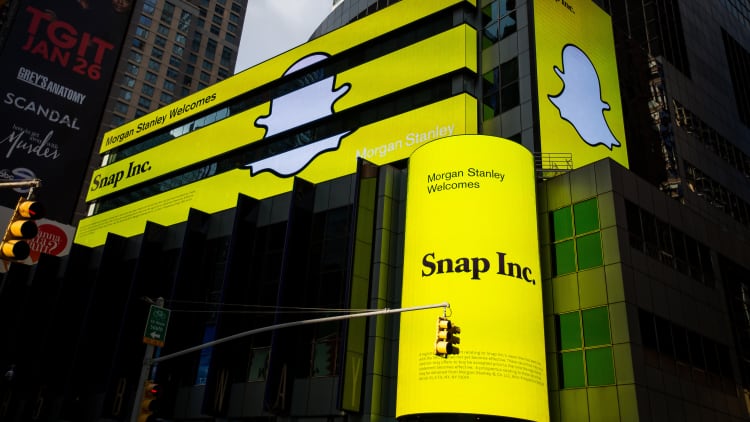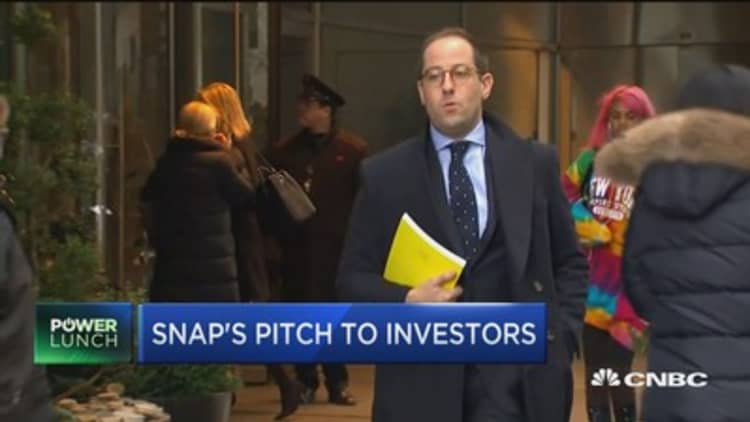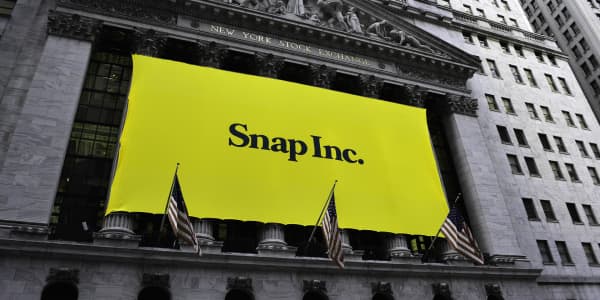
Snapchat is telling investors that TV viewership is plummeting among teens — but one analyst said that's not the full story.
Snapchat's parent company, which plans to trade on the stock exchange, told investors that "people between the ages of 18 and 24 spent 35 percent less time watching traditional (live and time-shifted) television in an average month during the second quarter of 2016 compared to the second quarter of 2010."
That sounds like a dramatic decline, but that analysis of the data may not be apples to apples, Brian Wieser, analyst at Pivotal Research Group, wrote in a research note on Tuesday. That definition of TV viewership excludes most video on demand, video game consoles, over-the-top devices, laptops, desktops, tablets and other mobile devices, Wieser wrote.
Add those "cord-cutting" devices back in, and TV viewership has probably actually risen a bit across all age groups over the past six years, Wieser wrote in a research note, with his own analysis of Nielsen's data.

"In general, YouTube is best positioned among digital media owners to capture so-called 'TV money.' Snap will increasingly be able to do the same as well," Wieser wrote in a research note. "However, we argue that looking at declines in TV consumption as that viewing was historically defined will overstate the degree to which budgets may shift from owners of conventional TV networks to digital media owners with TV-like characteristics."
CNBC reached out to Snap for comment.
Snapchat, known for its disappearing photo messages, is competing with both traditional media companies and Google and Facebook for advertising dollars. Snapchat's highly-engaged audience of young users is a "coveted" selling point for investors, especially as the company struggles to break even.
With plans for TV-like original content, Snapchat has been hard at work showing off its storytelling tools. But there's plenty of competition, as "conventional TV is still a massive medium," Wieser notes.





